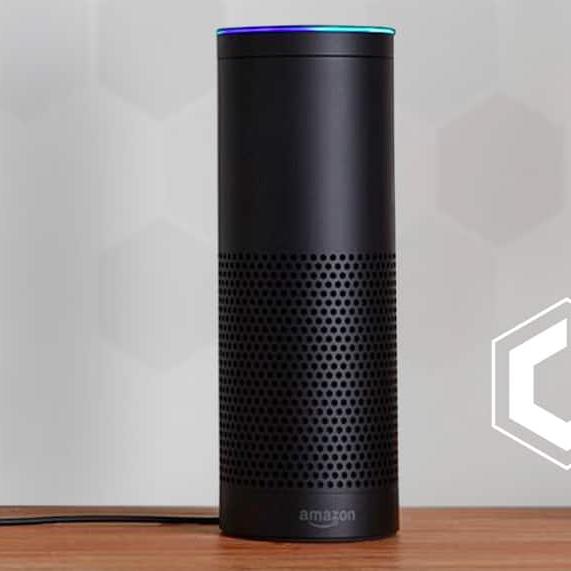Alexa, ask Concur: When do I leave for my next business trip?
Conversational interfaces are one of the fast-growing opportunities in the tech industry,* with the market for intelligent virtual assistant estimated to reach $7.5 billion by 2024.** Think Amazon Alexa, Siri, Google Assistant, Cortana or Baidu. Each one uses voice or conversation to initiate a response. As part of our ongoing research, Concur Labs is exploring how voice interfaces reimagine and simplify tasks like trip planning. We started with Amazon Echo and Alexa for Business.
Amazon Echo is a hands-free voice-enabled device that customers use to interact with Alexa, Amazon’s voice service. Amazon Echo connects to Alexa to play music and provide information, news, or services. The more you use Alexa, the more it recognizes your speech patterns and delivers personalized responses. It’s the power of machine learning (ML) and natural language processing (NLP) at work here.
We built an Amazon Alexa skill using Concur APIs so you can ask Alexa about upcoming business trips, flights, hotel bookings, and transportation.
Using Your Voice
By working closely with Amazon Web Services (AWS), we made the integration and user experience very simple for beta testers. (We like simple.) Beta participants sign in to Concur and link their accounts to Amazon Alexa; that’s it. From there, their voice triggers a personalized experience. Simply say: “Alexa, ask Concur” to access their latest business travel information. For example:
Alexa, ask Concur: When do I leave for my next business trip?
What is my flight number?
What hotel do I have booked?
Do I have a car booked?
To extend these benefits to more customers, we’re also experimenting with TripIt and Hipmunk integrations to see which features could be most useful.
The Next Wave: Voice-to-Text, Speech Recognition, Messaging Platforms, AI
Alexa for Business is part of a stream of new technologies based on trigger-response programs. Voice bots and interfaces, chatbots, and messaging platforms are each capable of capturing and filtering key information and delivering increasingly more customized responses to you. In the case of Amazon Alexa, the driving force is NLP, which translates speech into text – then connects to databases and statistical algorithms to send back the information you’re requesting.
There’s a broad spectrum of tools and capabilities to investigate, and this is only the beginning of what machine learning and early Artificial Intelligence (AI) may bring. We’re looking at what’s emerging, what’s relevant, and what’s possible as new technologies, like Alexa for Business, come to market.
*Source: “2016 Internet Trends Report” from Mary Meeker
**Source: Global Market Insights
